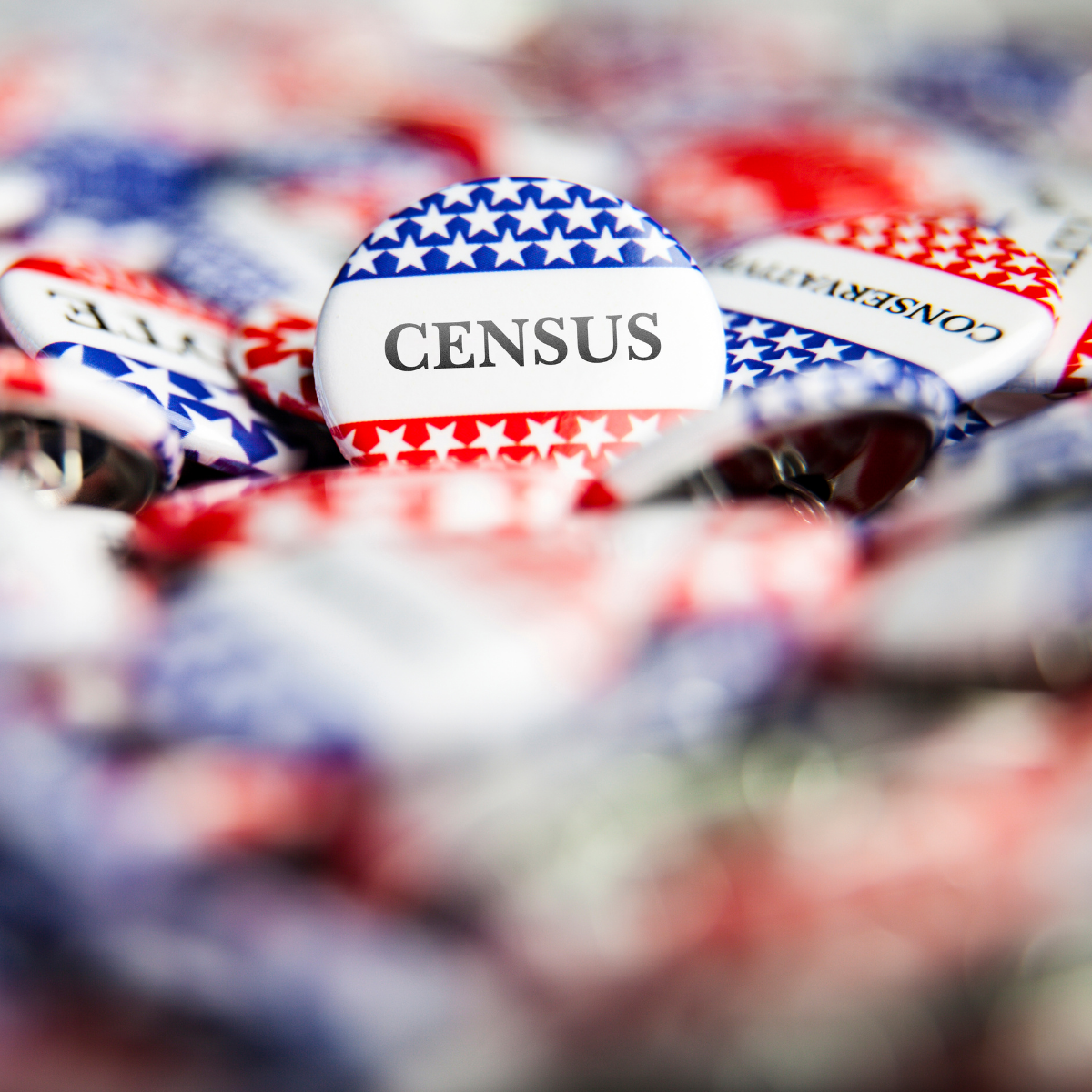
August 11, 2025
The redistricting wars are heating up early in this decade, but the latest move coming from Washington could increase the political temperatures to a “white hot” level.
President Donald Trump recently ordered the Census Bureau to craft new state population numbers without including non-citizens. Taken to the fullest, the move could lead to transformational ramifications in many places over the course of time.
As we know, the current redistricting wars are intensifying. The Texas situation is in a current stalemate but will eventually come to fruition. The Ohio lines will be redrawn before the end of the year to comply with state law, and Florida state House Speaker Daniel Perez (R-Miami-Dade County) has announced that he is appointing a special redistricting committee to begin a remap in his state with Gov. Ron DeSantis’ (R) political blessing.
Several Democratic Governors have responded, threatening retaliation of redrawing their own states to counter what will likely be significant Republican congressional district gains in the aforementioned places.
The Trump census decision, however, will not only add fuel to the fire, but change the political dynamic in ways that are just beginning to be realized.
The heart of the census issue is, of course, whether the large US illegal non-citizen population should continue to be counted. The President specifically is directing the Commerce Department to recraft the census that would include only American citizens. Doing so would reduce the population numbers at least for purposes of federal grants and redistricting by at least 11.9 million people according to the Department of Homeland Security’s Office of Homeland Security Statistics’ calculations.
Additionally, others have pointed to potential flaws in the 2020 census, claiming certain methodological principles used to determine the population numbers are illegitimate, added to the long-disputed practice of where incarcerated individuals and students living away from their homes should be counted. All of these issues will be addressed in any new census adjustments.
In terms of a recount, the Census Bureau would first look at the states, counties, and cities that have declared themselves as sanctuaries for illegal aliens. According to the Center for Immigration Studies organization, a dozen states, and localities in an additional 21 states, with Virginia, New Mexico, and New York having the most, declare themselves as sanctuary regions. These places will be most affected in a new census because the sanctuary declarations have drawn more such aliens.
The states with the largest projected numbers of non-citizens are California, Texas, Florida, and New York, but all states are affected. In the current census, the individuals in question are included in the state counts.
The census controversy began in the Obama Administration when the decision was made to move the citizenship question to the American Community Survey instead of the actual count. The Trump Administration eliminated the change, but the new Biden Administration reinstated it upon taking office in 2021 for purposes of conducting the 2020 census.
Once President Trump’s new order is implemented, thus adjusting the 2020 census numbers, new battles will begin.
The first issue will be whether to redistrict under the new numbers. This will likely take a Supreme Court order and would result from certain states suing others over the 2020 count.
The most likely scenario would be Idaho suing Minnesota. Idaho would claim that the counting of illegal aliens allowed Minnesota to keep its eighth seat, which is calculated to be the 435th congressional seat, and prevented Idaho from gaining a third seat. They would likely cite Congress and the Census Bureau as the offending parties, thus forcing the issue directly to the Supreme Court.
A reapportionment order would have to be given for the new census methodology to be used for immediate redistricting. Otherwise, the changes would appear in the 2030 census.
Apportionment would also affect the electoral vote count for the 2028 presidential election because places like California, Illinois, and New York would clearly lose representation (California could lose as many as six seats, while Illinois and New York would lose at least two apiece) and states such as Florida, Idaho, North Carolina, and Texas (all would gain seats), for example, would significantly change the national electoral vote count used to elect a president.
Not having a new apportionment could lead to a presidential candidate challenging a state’s electoral vote number under the argument that the particular state has too many electoral votes because non-citizens remain in the count, thus creating a whole new controversy.
Additionally, where a new count would clearly reduce the number of Hispanic congressional seats, Blacks would likely be the beneficiary of the new methodologies because in several states, California being the clearest example, Black populations are discounted because of the addition of the non-citizens in and around certain neighborhoods and localities.
These are just a few of the action points that could develop once the Census Bureau begins the task of adjusting the 2020 final counts. Further ramifications would also undoubtedly rise to the surface, so the President’s directive is likely to prove to be a major decision.

